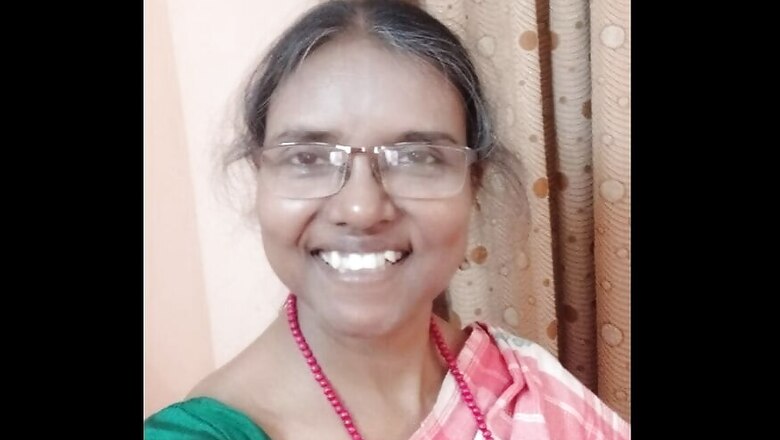
views
New Delhi: Sonajharia Minz has been appointed as the vice-chancellor of Sido Kanhu Murmu University (SKMU) in Dumka, Jharkhand. Her name means ‘gold fountain’, and her approach in life is that of an athlete – ‘jump higher than the bar’. An Oraon tribeswoman from Gumla district in Jharkhand, Minz teaches at the Jawaharlal Nehru University's School of Computer and System Science.
The “racial discrimination” hurled at Minz since she started going to school only made her stronger in pursuing her interest in academics. She started teaching in elite institutions, only to realise that sophisticated places have their own ways of discriminating against SC, ST and OBC communities. In her interview to News18 she talks about new challenges ahead of her, future of education post Covid-19 lockdown, and the caste-based discrimination she faced while growing up. In her opinion, online education will disempower the marginalised and make education difficult for them. Edited excerpts:
You are assuming the responsibility of V-C at a time when academia is grappling with future of education and devising ways to prevent academic loss. Looking at the hybrid models of online and offline education, what challenges do you see ahead?
Post Covid-19 or post lockdown, the new normalcy is going to be something we have never experienced before. Ever since the outbreak of the pandemic, the mode of education and teaching-learning space has switched to digital platforms. That seemed to be the only a viable option. Now the issue about this digital platform (ICT infrastructure) is it is not uniformly available. Even before Covid-19, when such a proposal of online entrance exams was being discussed, there were objections raised, for the simple reason that access to digital platform is not uniform and it creates digital disparity.
Going by the data on geographical areas that are identified as remote or marginal, and deprived of the so called parameters of development, it is these areas that suffer from digital disparity.
Till date, some districts in Orrisa have no roads and electricity. If digital education becomes the final medium of teaching in the post-lockdown phase, we will be consciously depriving and eliminating a section which does not have access to this platform. This kind of education and teaching-learning requires skills. There is a pre-condition to even access and after access. The digital platform for education will make a bigger impact in pushing certain sections of the society away from education.
Right now, schools have been asked to deliver their content through devices like phones, but think of the family with one phone and four children. For them it’s an everyday dilemma of who would get the phone for school lessons of the day? Most of such families will be from the SC, ST and OBC communities. Just look at the category of poor in the country. A majority are from sections that have certain labels already. Now, digital teaching learning will totally cut them out. This is the challenge that I foresee.
As far as the future of education in the post Covid-19 world is concerned, I have not answers right now. When I join the university, I will explore the geographical areas and look at these aspects.
In all your interviews so far, you’ve spoken about discouragement coming your way from the school teachers. You were questioned for Sanskrit and Mathematics. Can you recall more from your school going days?
I can recollect incidents but they carry a baggage. These instances happened in school and not in college. But when I look back, as far as I am concerned, these instances of discrimination were not caste-ist but racial.
In one case, I was told, ‘Sanskrit Aryan ki bhasha hai…tum zyada number kyun laati ho?’ That was racial remark. In front of my other three classmates who were not from tribal background and studied advanced mathematics with me, my subject teacher told me that I will not be able to cope with mathematics in college. When I was the top ranker in class, why would he identify me, an Adivasi, to say that I would not be able to cope with it. He said this to me when I topped whereas all my classmates scored lesser than me. It was racial.
All the children coming from marginalised section know their capabilities and shortcoming of facilities, yet they know their ability. Society has done the job of discouraging people with potential.
This person knowing one’s own potential bounces back. I am from an athletic background so when you go for high jump you have to jump higher than the bar. A person who knows one’s potential and self-worth is going to leap higher than the obstacle.
But I thank those teachers. Had they not challenged me, I wouldn’t have developed into this personality. English medium schools denied me admission because of my identity. I went to Hindi medium school so now I can say, ‘Medium has nothing to do with merit’ and ‘Medium doesn’t matter’. I was repeatedly declined admissions even in higher classes for same reason. That’s how I developed the resolve to prove myself.
You’ve taught at several higher education institutes for about 15 years now. Have you observed the caste-based discrimination in these universities? Has the society changed for the better?
Our society has not changed. Let’s face it. I have been teaching since 1992 and I can recollect instances of discriminations and caste abuse the students had to face because of their identity. They have been made to go through this by their classmates, hostel mates. As somebody mentioned earlier, and I agree with it, the ‘lesser sophisticated places have lesser sophisticated ways of discrimination. More sophisticated places have more sophisticated ways of discrimination.’
Till date, the society cannot tolerate that somebody (from a marginalised community) is equal to children from privileged backgrounds. This happens blatantly. I was the chief equality officer in JNU as well as worked in proctor office for four years, and I have had revelations after revelations on what can be formed as caste-based discrimination.
The students who commit discrimination don’t realise because such is their upbringing and our culture. And then, when corrected, they do feel bad about it. So, as institutions, we are meant for correction and not for punitive action.
Can you tell us more about this culture of caste-based discrimination?
I can give you an example of how this culture functions. I had gone to pick up my daughter from school – we both have dark complexion, which, I call as ‘pucca rang’. My daughter’s friend asked her: ‘Yeh tumhari maid hai kya (Is she your maid)?” That’s how children grow up. I spoke to the teacher of the school and said that my daughter will come out from this but am sorry about the child who is growing up in such an environment. I also wrote to the school that students should be taught to celebrate diversity. I was told early in my career at JNU, ‘Jab tum bolna shuru karti ho pata nahi chalta ke tum aise background se ho.’ So, this is how it functions.
As per an AISHE report, teachers from the general category are 50.6 per cent, and those from the OBC, SC and ST communities are 32 per cent, 8.8 per cent and 2.36 per cent, respectively. How do you see this representation in the higher education?
This is a proof of how society operates. I want to place on record my appreciation for JNU, and am thankful to the culture in that university for its liberal thoughts and actions. It’s not only academic discourse. It has affirmative action for ensuring inclusion.
My appointment in JNU happened way back in 1992 for an unreserved post for the simple reason that in those days reservation was not implemented. In 1997, when I was again appointed, reservation was not for higher positions. This low number is because it’s a society where identity takes prominence over potential.
We have this number despite reservations. I have been on selection committees, and I have seen how the candidate is made nervous even before experts start asking question from his/her area of expertise. The academicians from this section also have to battle self-doubt to reach the top in the field.












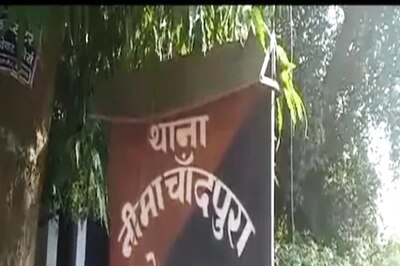
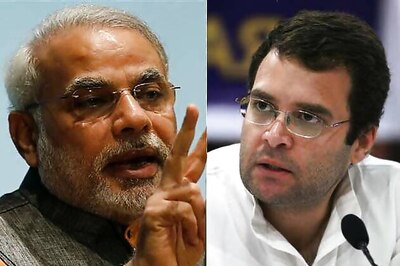

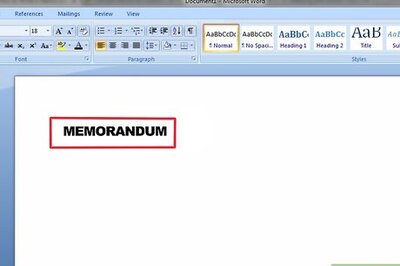

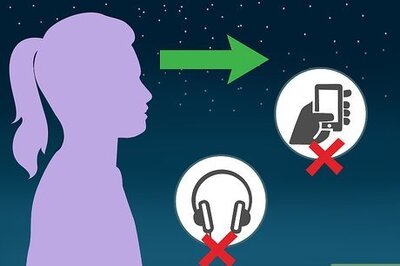
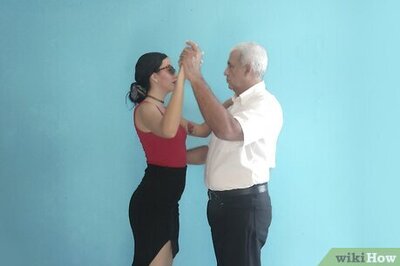

Comments
0 comment